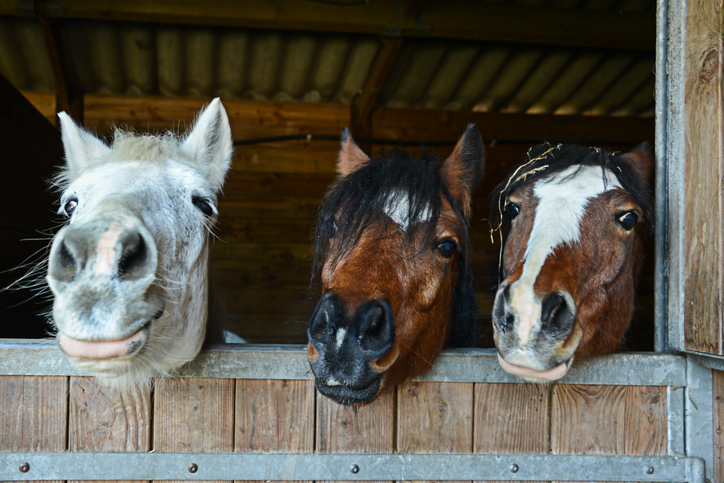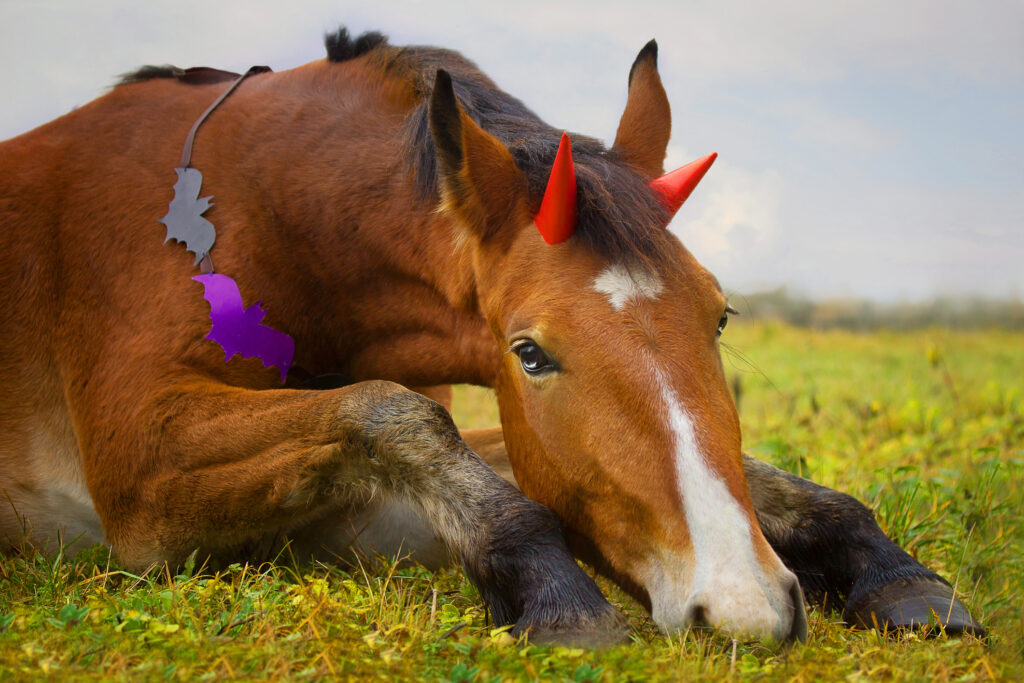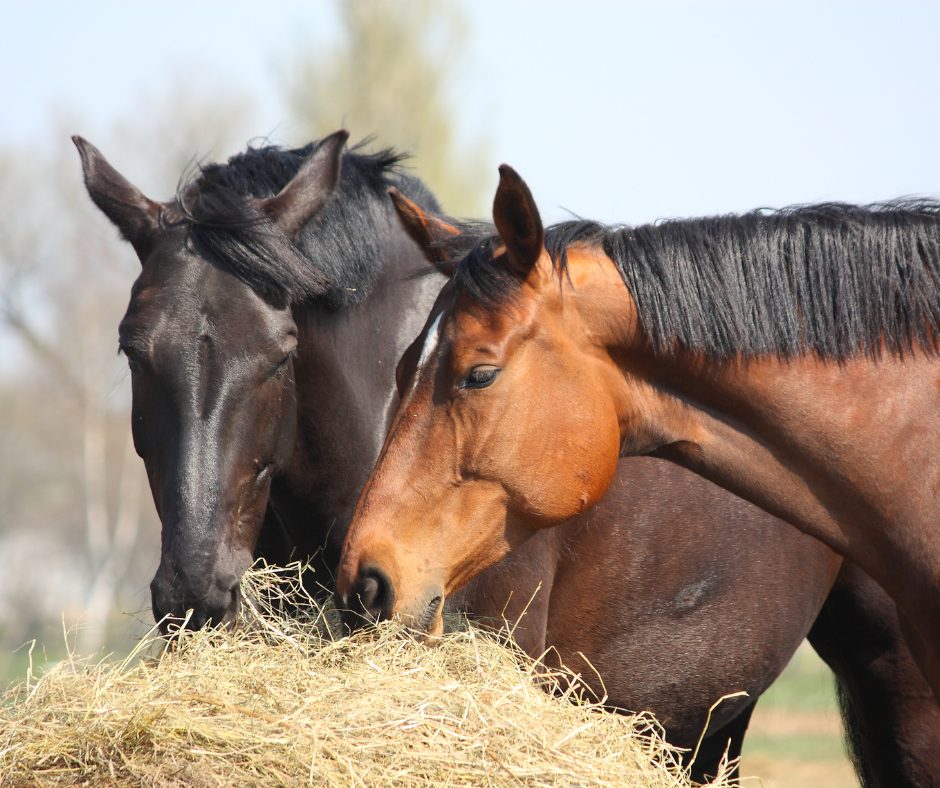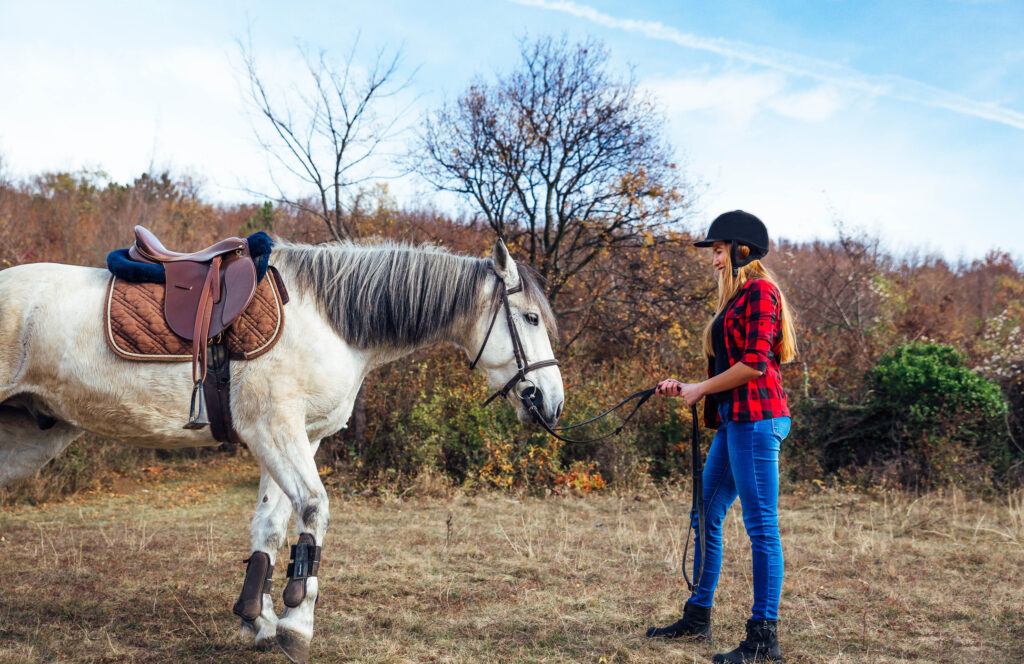The races have thankfully resumed, but the Animal Health Trust (AHT) warns that horse owners should be aware of the symptoms of equine flu to help avoid further spread.
Equine flu is endemic in the UK, which means a low number of cases are always to be expected. However, this year there are more cases than normal due to the new strain that has been infecting even vaccinated horses. The AHT has confirmed 29 outbreaks in 17 counties in England and Scotland and suggests that all horse owners revaccinate their horses if a booster vaccination was given more than six months ago. Also, being aware of the symptoms and calling your vet for a fast diagnosis is key to stopping the spread.
Horse Flu Symptoms:
- High Temperature
- Frequent harsh cough that lasts for days
- Nasal discharge that begins clear but can turn thick yellow or green
- Enlarged glands under the lower jaw
- Discharge from eyes and redness around eyes
- Swelling of lower limbs
- Lethargy and loss of appetite
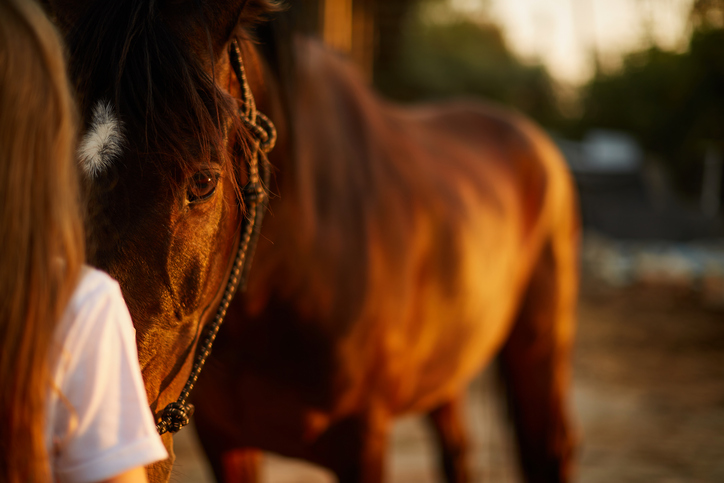
AHT’s Five Basic Protocols to Prevent Equine Flu Spread
Vaccinate – boost your horse’s vaccination if it was given more than six months ago and encourage others to do the same. If your horse is not vaccinated, it will need to start a course of vaccinations and will not have protection until two weeks after the second vaccine in the course is given.
Isolate – what biosecurity measures are in place in your own yard? Immediately isolate new or unwell horses away from the main yard to help prevent the disease from spreading. Flu is easily spread amongst a group of horses. Make sure you know your own biosecurity policies, and if you’re not sure, ask the yard owners and managers.
Investigate – if you’re planning to attend an event or equine gathering, speak to the organisers and ask about their biosecurity policies – what is in place to minimise the spread of disease at the event/gathering? If you are not comfortable with what is in place, don’t attend!
Communicate – we encourage vets and horse owners to be open if they have a suspected or confirmed outbreak, to help minimise the spread of flu to others.
Mitigate – horse owners are encouraged to do all they can to know the risk of moving their horse or attending an event. Gather as much information as you can to enable you to mitigate against the risk and make your own sensible decision based on this.
Treatment for Equine Flu
Antibiotics have no effect on the virus, so quarantine is the main treatment. Once diagnosed, it is best to keep your horse resting and prevent any strenuous activity for two weeks or until the symptoms are gone. Good stable ventilation and minimal exposure to dust will keep your horses’ airways from being irritated even more. If it is nice out, we recommend turning your horse out for half of the day during the recovery period. Fresh air will help nurse your horse back to good health.
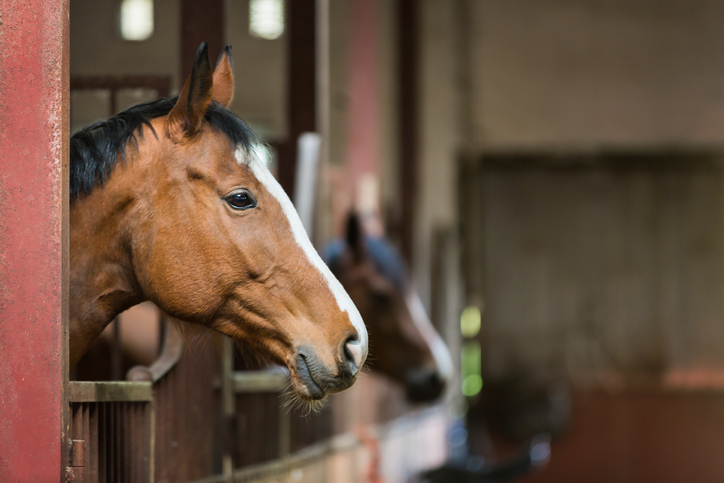
FAQ:
What is Equine Flu?
Equine Flu is similar to the human flu, a strain of the influenza virus that affects the upper and lower respiratory tract of horses, donkeys and mules. It cannot be passed to humans.
How does Equine Flu spread?
It is very contagious as symptoms of the flu cause infected horses to cough and sneeze, and it is normally caught from contact with an infected horse. Once the virus has been inhaled and infects the lining of the airway, a very sore throat and a nasty cough will follow. Indirect spread from buckets, groomers, handlers, or vets is also possible
Is Equine Flu Fatal?
It is an extremely contagious disease, but rarely fatal to a healthy horse
When was the last Equine Flu outbreak before 2019?
In 2007, Australia was hit hard for three months, infecting 10,651 horses. They lost 1 billion Australian dollars from treatment and cancellation of events. Before that, the last outbreak was in 2004 when the equine flu began infecting dogs.
Remember, if you have any suspicions that your horse has equine flu contact your vet immediately. They will be able to advise you best!
Want to protect your horses? Share this blog, so others can learn about Equine Flu!
